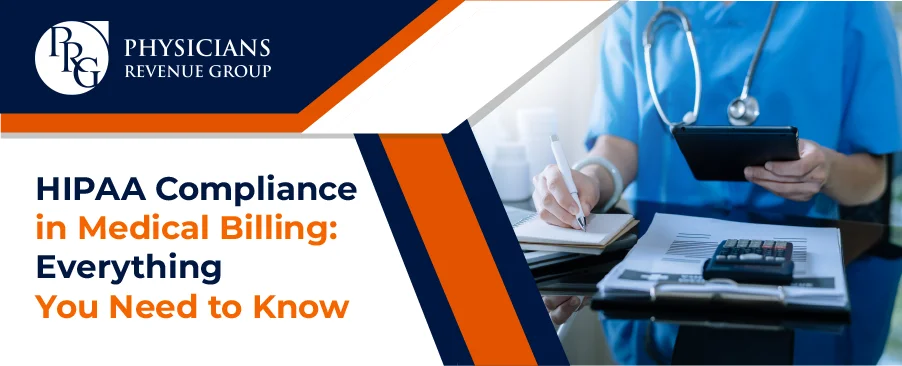Most people understand that HIPAA protection applies to medical records and the details regarding healthcare services. However, they might need to comprehend that the HIPAA regulations apply to payment-related information. The shorter answer to this question is yes; billing information is protected under HIPAA regulations.
Healthcare practitioners are responsible for keeping patients’ information safe during billing procedures and ensuring HIPAA compliance. Below are some of the best practices that healthcare professionals and billing providers can use to protect the Protected Health Information:
Healthcare providers must implement and develop procedures and policies for protecting PHI during billing operations. The policies can be further customized to meet the specific needs of a healthcare provider. These can include physical, administrative, and technical safeguards for ensuring PHI integrity, availability, and confidentiality.
Training is yet another vital step towards ensuring HIPAA compliance in medical billing. Providers and billing companies must regularly train their employees on the security procedures to ensure that they understand the identification of security incidents and report them promptly. Furthermore, healthcare billing employees must also receive training on correctly identifying suspicious emails. They must also learn to secure electronic devices and report security incidents to appropriate personnel.
Secure communication channels are essential, and healthcare providers must use secure communications for transmitting the PHI. Doing so entails using encrypted email and secure file transfer protocols to protect the PHI from illicit access, use, or even disclosure during the transmission.
Furthermore, healthcare providers and billing providers must limit access to PHI to only a select number of employees who need it to perform their job functions. It can be easily ensured via access controls and the permission settings on the electronic systems and devices.
Physicians can work with virtual media without having limitations or fears of violating patient confidentiality. Furthermore, practitioners can also work without the fear of getting sued if their patients’ medical information is not confidential.
HIPAA has set up a fraud detection and prevention program. For instance, HIPAA forbids charging for treatments that have not been performed. HIPAA also prohibits falsifying diagnoses to justify inappropriate procedures and treatments for medical use. Furthermore, HIPAA also prohibits using incorrect methods for paying for non-insured services.
Complying with HIPAA regulations will also encourage safeguarding patient medical records and personal information using the latest data management practices.
Paying hefty fines for instances of non-compliance shall use funds that can be used to advance business. While staying in compliance with the HIPAA regulations means that the procedures will not be punitive if a violation occurs.
Patients and doctors can use portals or apps to interact directly, dispense treatment, and enter or access medical data. Furthermore, the HIPAA-compatible prescription services can also be updated as such. Compliant apps or platforms make billing, coordination, and data storage easy without fear of HIPAA violation. All of this is much more simplified for healthcare professionals and billers.
HIPAA compliance in medical billing is essential to the success of a healthcare practice. The HIPAA violations are no small matter. The violators of HIPAA can be fined over 1.5 million and even face jail time for up to 10 years. It is essential to consider the fragility and importance of compliance to prevent such instances and then look for a professional medical billing provider.




